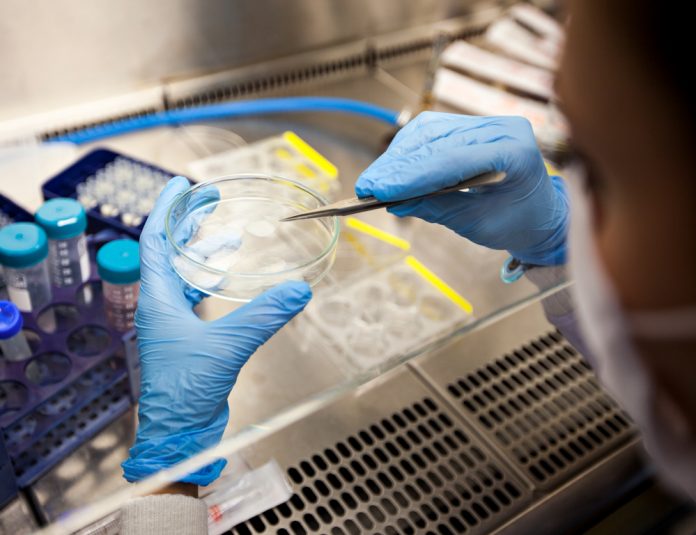Bladder cancer occurs when the bladder cells start to divide abnormal and chaotic. It can develop at the same time one or more cancers in different regions of the urinary bladder. This cancer can be discovered easily by doctors because of its symptoms.
The most common symptoms for bladder cancer are:
- Blood in urine
- Back and pelvic pain
- Infections
- Pain during urination
When the cancer is more advanced there are other symptoms like: bone pain, weight loss, and anemia. Blood in urine is the first sign that you have to be careful about. Sometimes, the amount of blood can change the color of the urine in orange, pink, or darker red.
Blood in the urine does not necessarily mean that you have cancer. Blood can appear even when you have an infection, or stones in the kidney or bladder. But it is important to see a doctor as soon as possible.
There are some factors that can increase the risk for bladder cancer, for example age – as you get older, the risk is higher. This type of cancer is more common on white people, on any other race, the risk is not that higher. Men have a higher risk than women. Smoking can be harmful for your health, it is the main cause of cancer. Although passive smoking has not been prove to be an important cause.
Previous treatment for cancer is a big problem because, if you have suffered from another type of cancer, even if you no longer have it, the amount of radiation and medication that you received in the past is a big risk factor for bladder cancer. If you are taking medication for diabetes, you need to know that some drugs can develop cancer.
Of course, family history and your personal history are crucial for this diagnosis because if anyone in your family had cancer, the risk is higher for you. Also repeated urinary infections can increase your risk. Some chemicals are linked to this illness, like for example the substances that are used in the rubber industry. However bladder cancer can appear 10-20 years after exposure.
To confirm the diagnosis the doctor will examine a sample of urine and he will be able to see the cancerous cells on the microscope and if he needs to confirm the tumor, he will do a cystoscopy. With this test, the doctor will see the abnormal areas, he can take a sample of tissue (biopsies).
Other tests that can confirm the diagnosis are an ultrasound scan, which is a painless test and Computed tomography (CT) scan. After all these tests, the doctor decides depending on the type and stage of cancer if the patient needs a surgical intervention or immediate chemotherapy.
There are some things that you can do to prevent this disease: you can drink a lot of water because this way you will detoxify your body, eat plenty of fruits and vegetables, quit smoking and remember to see the doctor if you have one of the symptoms.
Featured Image Source: Thinkstock/designer491














